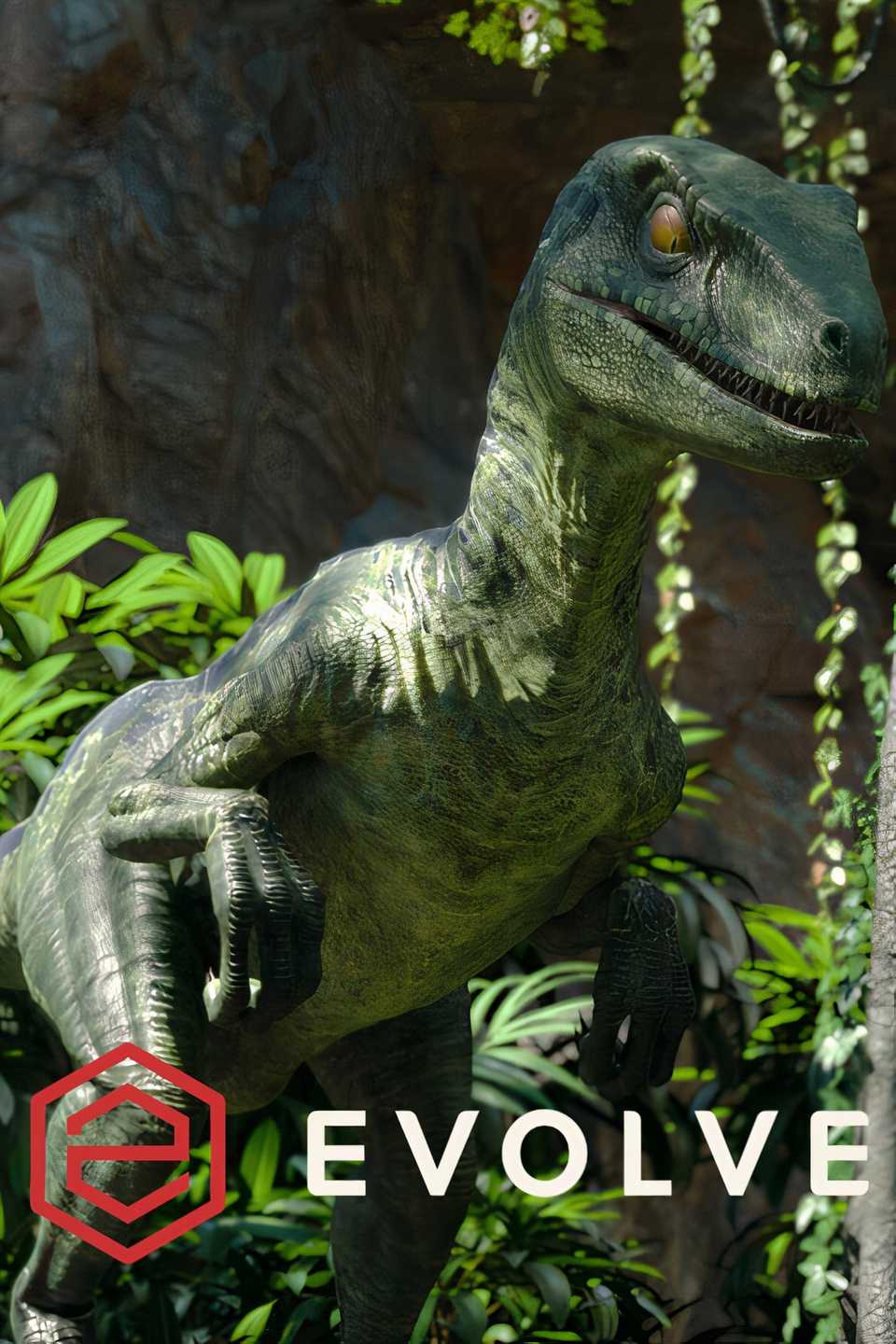Egregious monetization has been a huge issue in the video game industry for the past few years. Not only are games getting more and more expensive, but some companies actively choose to implement questionable practices (like excessive DLC and/or microtransactions) that force consumers to spend their hard-earned cash on a regular basis.
Of course, not all alternative monetization practices are bad per se, and there’s a clear distinction between what’s acceptable and what’s not. But this hasn’t stopped some companies from making games with ridiculous and predatory monetization, to the point that they have stained their legacies forever, even after said practices have been removed or changed. This has occurred multiple times across the history of the industry, but the following eight games are the most notorious examples.
Gauntlet
Players Can Insert A Coin To Revive Their Character On The Spot
- Platform: Arcade
- Released: October 15, 1985
- Developer: Atari Games
- Genre: Hack-and-Slash
Contrary to popular belief, questionable monetization has been an issue in gaming since its early years; it has just become more common in recent years due to the rise of the internet. Back in the 80s, arcade games were specifically designed to force players to spend as many coins/tokens as possible, but Atari Games’ Gauntlet took that concept to another level.
Most arcade games allowed players to keep playing by inserting a coin, but they all had limited lives/game overs that would force them to start all over when they ran out. Gauntlet stood out from the competition, however, by allowing players to revive their playable character with full health on the spot by inserting a coin in a brief window of time, meaning that even the most inexperienced players could get very far in the game as long as they had enough money. This isn’t such a big deal in the grand scheme of things, but it’s a fascinating glimpse at how exploitative monetization in gaming would eventually get just a few decades later.
The Sims 4
Over $1000 Worth Of Expansions
Electronic Arts is infamous for implementing weird and/or expensive monetization practices in its games, and The Sims 4 is one of the most notorious examples of this. This iconic life simulation game originally came out in 2014 and has been getting expansion packs on a regular basis, with the latest one, Enchanted by Nature, releasing as recently as October 2025.
Between all the different Expansion Packs, Game Packs, Stuff Packs, and Kits, the total cost of The Sims 4’s additional content is calculated to be around $1354. While Electronic Arts tried to make up for this high price by making the base game free-to-play in 2022, The Sims 4 is not really worth playing without any of its expansions, as it feels completely bare-bones and lacks some of its most important content.
Evolve
How Rampant Monetization Can Ruin A Game’s Reputation

Evolve
When Evolve was revealed back in 2014, it immediately made an impact on the entire video game community. The concept of an asymmetrical multiplayer game in which one person would take control of a giant Lovecraftian monster while four others control the human hunters who have to take it down sounded quite refreshing and innovative.
However, 2K ruined Evolve’s reputation shortly before its launch with its exploitative monetization practices. Certain monsters, weapons and skins were locked behind Pre-Order Bonuses, Season Passes, and console exclusivity, which, coupled with the fact that the base game was worth 40 dollars on release, made it feel like the publisher was more worried about selling content than actually making a worthwhile multiplayer experience with a loyal community behind it. Evolve was eventually made free-to-play in 2016, but this was not enough to save it, and its servers were later shut down in 2018.
Destiny 2
Purchased DLC Can Be Locked Away In The Content Vault
The Destiny IP is infamous for its questionable monetization, as what was originally marketed as a multiplayer first-person RPG eventually evolved into a live service title that required its players to spend money on a regular basis to get access to the more recent content. This has been especially true for Destiny 2 and its collection of over nine different yearly expansions.
The prices of Destiny 2’s expansions and DLCs range from ten to thirty dollars, which normally wouldn’t be that bad (especially when considering the base game was made free-to-play in 2019) if it weren’t for the fact that the Destiny Content Vault exists. Bungie will occasionally remove content from said expansions and lock it away into the “DCV”, thus restricting consumers from getting access to stuff they had already paid for. Needless to say, the “DCV” has been a major source of controversy for Destiny 2 players for numerous years.
Star Wars Battlefront 2
A Cautionary Tale About The Dangers Of Loot Boxes
A list of video games with questionable and/or controversial monetization can’t be complete without Star Wars Battlefront 2. Back in 2017, this multiplayer FPS based on the famous Sci-Fi/fantasy film franchise became the most hated video game in the world due to EA’s greedy monetization practices.
The gameplay loop of Battlefront 2 seemed to have been designed in a way that unlocking playable characters (like Darth Vader, for example) without grinding for hundreds of hours was almost impossible, which obviously encouraged people to do it by spending real money instead. To make things even worse, the game also featured Loot Boxes that could actually give some players a significant advantage in battle, which caused even more outrage from consumers and even led to an investigation by the Belgian government. EA eventually listened to its critics and removed both microtransactions and Loot Boxes from the game. As a result, Star Wars Battlefront 2 became more popular than ever and saw a major resurgence in players this past year.
Crash Team Racing: Nitro-Fueled
Activision Broke Its Own Promise
Crash Team Racing: Nitro-Fueled had the potential to become one of the best kart racers on the market, as not only was it a full remake of one of the most beloved and iconic games in the genre, but it also featured additional content from Crash Nitro Kart and other Crash Bandicoot titles that came out after the original PS1 version.
But there was a huge problem: Activision added microtransactions to Nitro-Fueled less than a month after the game’s initial launch, even after the company promised it wouldn’t have any back in E3 2019. Like most modern games with questionable monetization, characters and skins could technically be unlocked without spending any money, but they did require a tedious amount of grinding that incentivized gamers to purchase microtransactions. Needless to say, Crash Team Racing: Nitro-Fueled is still a very solid kart racing game, but these unnecessary monetization practices turned it into something it was never supposed to be.
Call Of Duty: Modern Warfare 3
An Example Of Everything That’s Wrong With Modern Call Of Duty
Most modern entries in the Call of Duty series have been heavily criticized for their ridiculous monetization practices, but 2023’s Call of Duty: Modern Warfare 3 was the most controversial one because it messed with the legacy of a beloved classic from 2011. For starters, its bare-bones solo campaign is only three-to-four hours long, meaning that a bigger focus was put on the multiplayer than on the single-player experience.
To make things even worse, Modern Warfare 3 had all the additional paid content one would expect from a modern multiplayer FPS, like Battle Passes, Pre-Order Bonuses, microtransactions, and more. This not only soured the experience for longtime fans who just wanted to relive this classic title, but it was also met with criticism because the base game already cost 70 dollars. Because of this, most fans see Modern Warfare 3 as a full-priced game that was monetized as if it were a free-to-play title.
FIFA 22
Loot Boxes Have Changed This Classic Sports Franchise Forever
Most of Electronic Arts’ classic sports game series have been tarnished by rampant monetization practices, with the FIFA franchise being the most egregious example. Like all the recent entries in this football simulation series, FIFA 22 features a mode called Ultimate Team, in which players can recruit famous players to form their own all-star team, which sounds good on paper, but there’s a caveat.
Said players have to be recruited by opening packs of random cards that can be purchased with real money, which means that they’re basically Loot Boxes. FIFA 22 (and most modern EA Sports games nowadays) has an inherently predatory monetization system that encourages gambling, and its effects on children have been a major source of concern for some people. To make things even worse, the base game already cost sixty dollars at launch (In its standard version, the deluxe edition cost a hundred dollars), and it even has predatory microtransactions.









